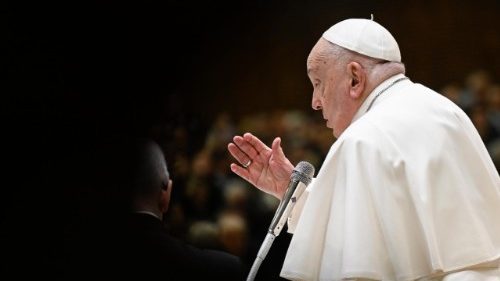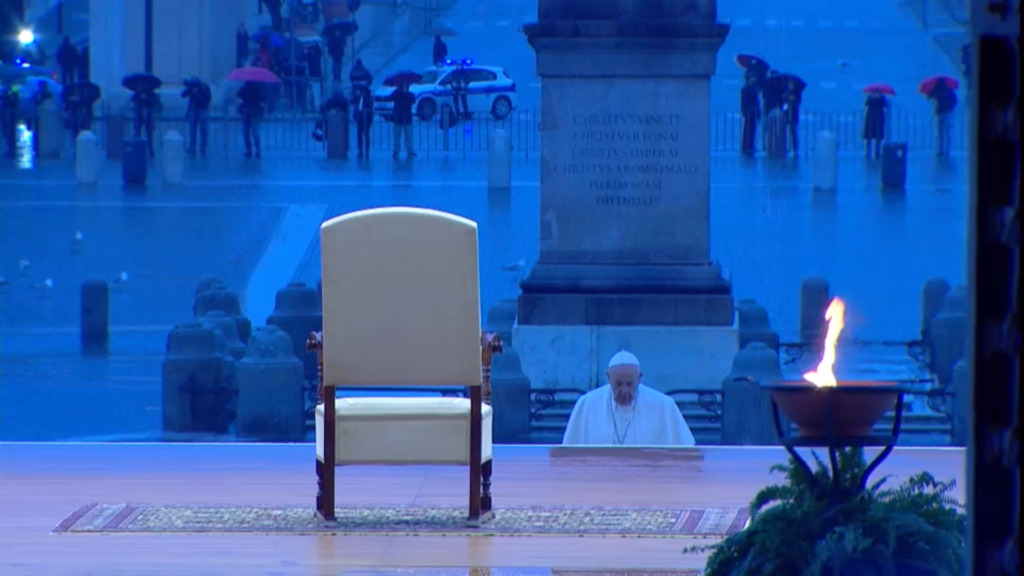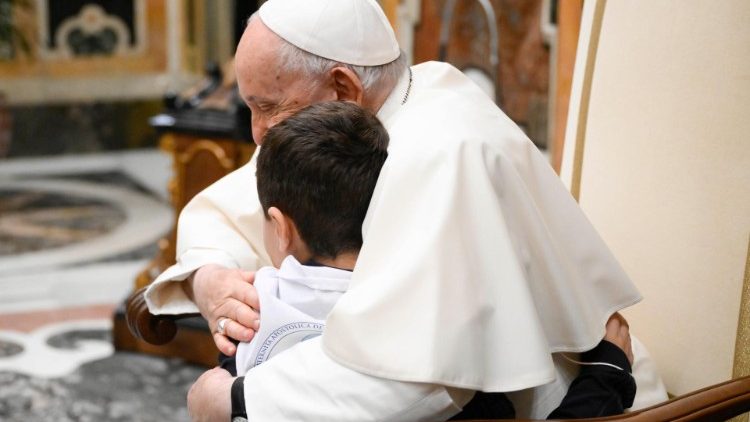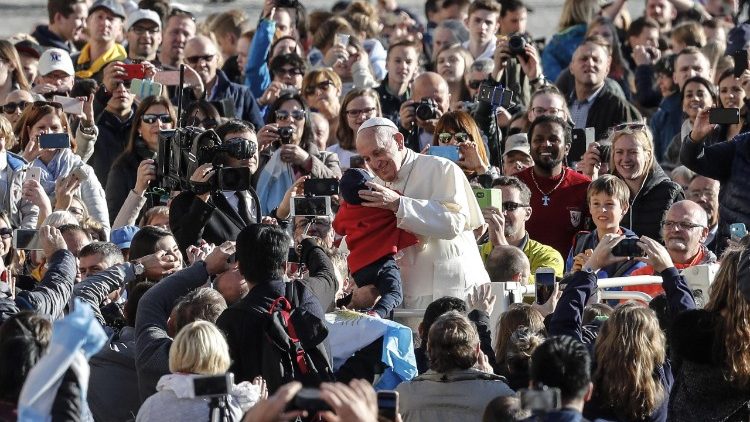Francis on Benedict XVI: “For me he was a father”
“"The successor"”, the book interview by journalist Javier Martínez-Brocal with the Pope: “he always defended me, he never interfered”

“Benedict was a man of great gentleness. In some cases, people took advantage of him, perhaps without malice, and limited his movements. Unfortunately, in a certain sense, they were encircling him. He was a very delicate man, but he was not weak: he was strong. But he was humble, and preferred not to impose. So he suffered a lot.”
That’s how Pope Francis remembers his predecessor Pope Benedict XVI, in a new interview book with journalist Javier Martínez-Brocal (“The Successor”), which will be released on Wednesday, April 3.
“He let me grow”, explains the Pope, He was patient. And if he didn’t agree with something, he would think three or four times before telling me. He let me grow and gave me the freedom to make decisions.
Pope Francis recounts his relationship with the Pope Emeritus over almost ten years of cohabitation in the Vatican: “He left me free, he never interfered. On one occasion, when there was a decision he didn’t understand, he asked me for an explanation in a very natural way. He told me: ‘Look, I don’t understand this, but the decision is in your hands.’ I explained the reasons to him, and he was happy.”
In the book, Pope Francis explains that his predecessor never opposed any of his decisions: “He never withdrew his support from me. Maybe there was something he didn’t agree with, but he never said it.”
The Pope also remembers the circumstances of his farewell to Benedict, on Wednesday, December 28, 2022, when he saw him for the last time.
“Benedict lay in bed. He was still conscious, but he couldn’t speak. He looked at me, squeezed my hand, understood what I was saying, but couldn’t articulate a word. I stayed with him like that for a while, looking at him and holding his hand. I remember his clear eyes… Likewise, I said a few words to him affectionately and blessed him. That’s how we said goodbye.”
With regard to the continuity between the pontificates, the Pope notes that “What I see in the last popes… is that each successor has always been marked by continuity, continuity and difference,” because “in continuity, each one has brought his own personal charism … there is always continuity, and no rupture.”
Pope Francis also recounts a specific case in which he was defended by Benedict XVI. “I had a very nice conversation with him when some cardinals went to see him surprised by my words about marriage, and he was very clear with them. One day, they showed up at his house to practically hold a trial against me, and accused me in to him of promoting same-sex marriage. Benedict didn’t get agitated because he knew perfectly well what I think. He listened to them all, one by one, calmed them down, and explained everything to them. There was a time when I said that, since marriage is a sacrament, it cannot be administered to same-sex couples, but somehow some civil guarantee or protection had to be given to these people’s situation. I said that, in France, there is the formula of ‘civil unions,’ which at first glance can be a good option because they don’t limit marriage. For example, I said, three elderly pensioners who need to share health services, inheritance, housing, etc., can be accommodated. I meant that it seemed like an interesting solution. Some went to tell Benedict that I was saying heresies. He listened to them and with great dignity helped them to distinguish things… He told them: ‘This is not heresy.’ How he defended me!… He always defended me.”
In the book, the Pope also responds to a question from the journalist about the books published at the time of Pope Benedict’s death. Francis replies: “They caused me great pain: that on the day of the funeral, a book that upset me was published, saying things that are not true, all very sad. Of course, it doesn’t affect me, in the sense that it doesn’t condition me. But it hurt me that Benedict was used. The book was published on the day of the funeral, and I experienced it as a lack of nobility and humanity.”
Finally, the Pope reveals to Javier Martínez-Brocal that he has already ordered a revision of papal funerals, explaining that the funeral vigil for Benedict XVI will be the last with the Pope’s body outside the coffin and the catafalque with pillows. Popes “should be watched over and buried like any other child of the Church. With dignity, like any Christian.”
Related

Pope Francis Improves and Prays for Myanmar Earthquake Victims
Exaudi Staff
28 March, 2025
1 min

Five Years After Statio Orbis: Hope in the Midst of the Storm
Exaudi Staff
27 March, 2025
2 min

The Pope: May every child find a safe environment in the ecclesial community
Exaudi Staff
26 March, 2025
2 min

“God is mercy and always awaits us!”
Exaudi Staff
26 March, 2025
3 min
 (EN)
(EN)
 (ES)
(ES)
 (IT)
(IT)

